UN Women and FIFA are teaming up during the upcoming FIFA Women's World Cup to advance gender equality in football and prevent abuse and discrimination on and off the field, said UN Women on Wednesday.
The 2023 tournament, scheduled from July 20 to August 20 in Australia and New Zealand, is expected to be seen by over 2 billion people, the largest audience in history for a single women's sport, which offers an opportunity to celebrate women's achievements in sport and to move the needle - both for women's football and for gender equality, said UN Women in a press release.
Globally, women players continue to struggle with fewer professional opportunities, a massive pay gap, fewer sponsorships, less airtime, and unequal playing conditions. When women players do succeed, they regularly face a toxic backlash of abuse online and offline, said the UN body for gender equality and the empowerment of women and girls.
To address some of these challenges and advance in closing the gender gap in football, FIFA raised the prize money for the 2023 Women's World Cup as part of a three-step gender equality plan. "Football Unites the World" campaign will highlight major gender equality issues during the tournament, it said.
Under this umbrella, UN Women is partnering with FIFA to call for action to "Unite for Gender Equality" and "Unite for Ending Violence Against Women," said the UN agency.
The two calls to action will be promoted via the team captains' armbands, pitch-side digital LED boards, large flags presented on the pitch, giant screens in stadiums and via social media. Unite for Gender Equality will be the featured message on July 30 to August 3 and Unite to End Violence Against Women will be the designated message during the semifinal on August 16, said UN Women.
"The women competing in this World Cup are role models for every girl on this planet. Their strength and skills are inspirational. At the same time, this tournament is a reminder that there are too many women and girls who are excluded from the world of sport, and that even for those who do participate too often experience discriminatory treatment and, even in some cases, abuse," said UN Women Executive Director Sima Bahous.
"The Women's World Cup shows us how much not only they but the whole world misses out on when we fail to afford women and girls the same opportunities as men and boys. Our partnership with FIFA, including on the global 'Football Unites the World' campaign, reflects a serious commitment and ambition to address that for everyone's benefit," she added.
-XINHUA

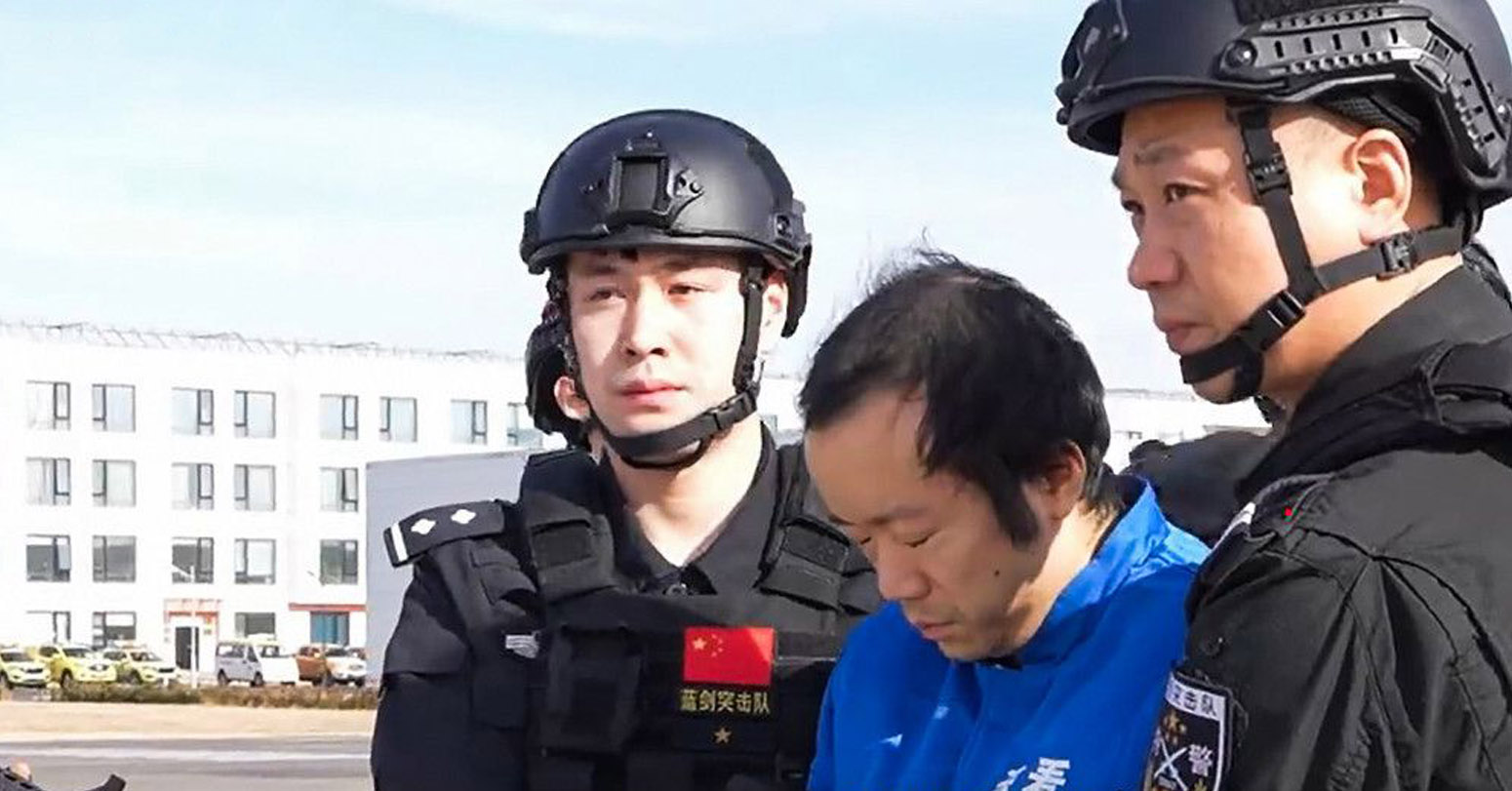
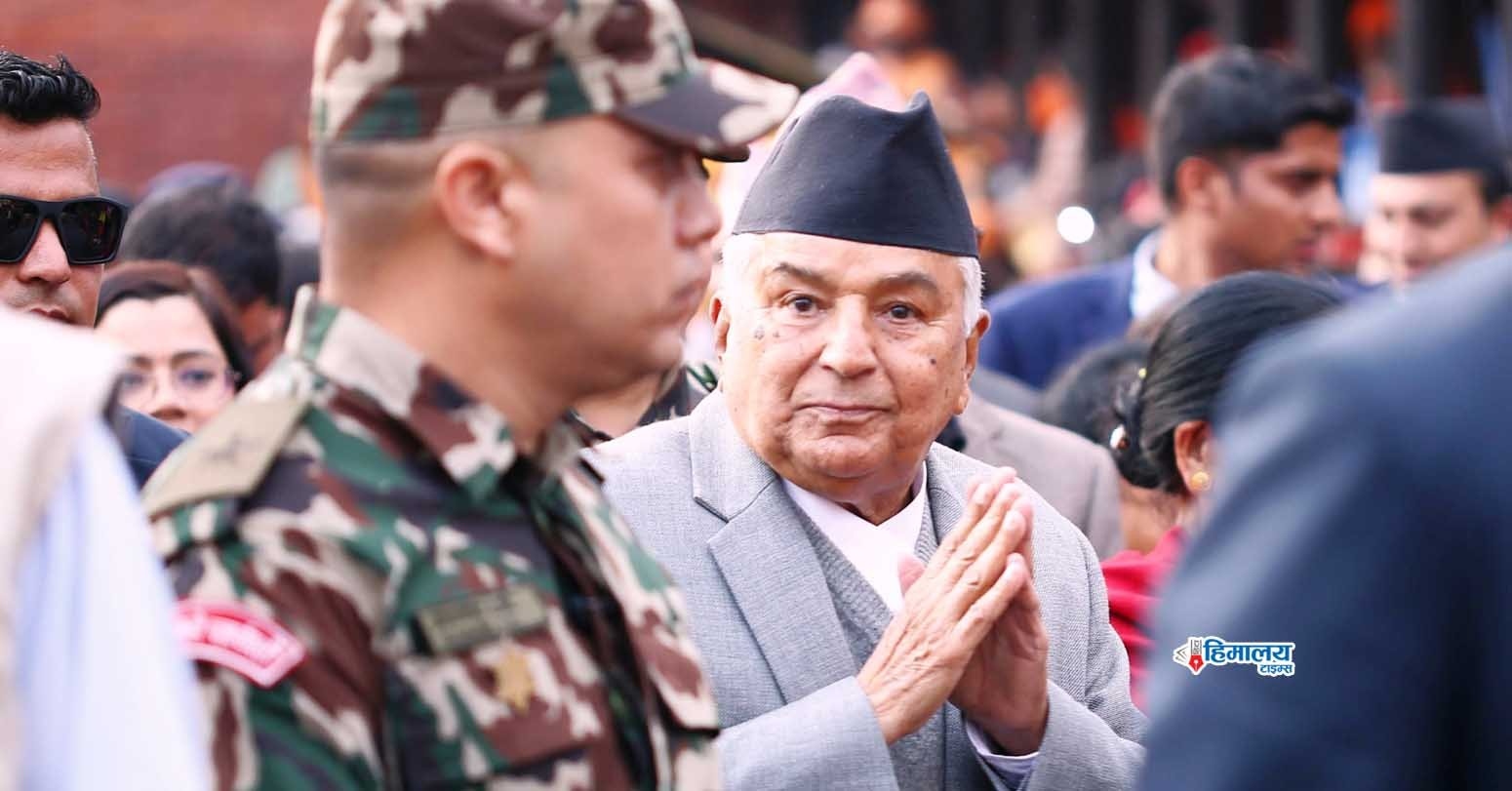

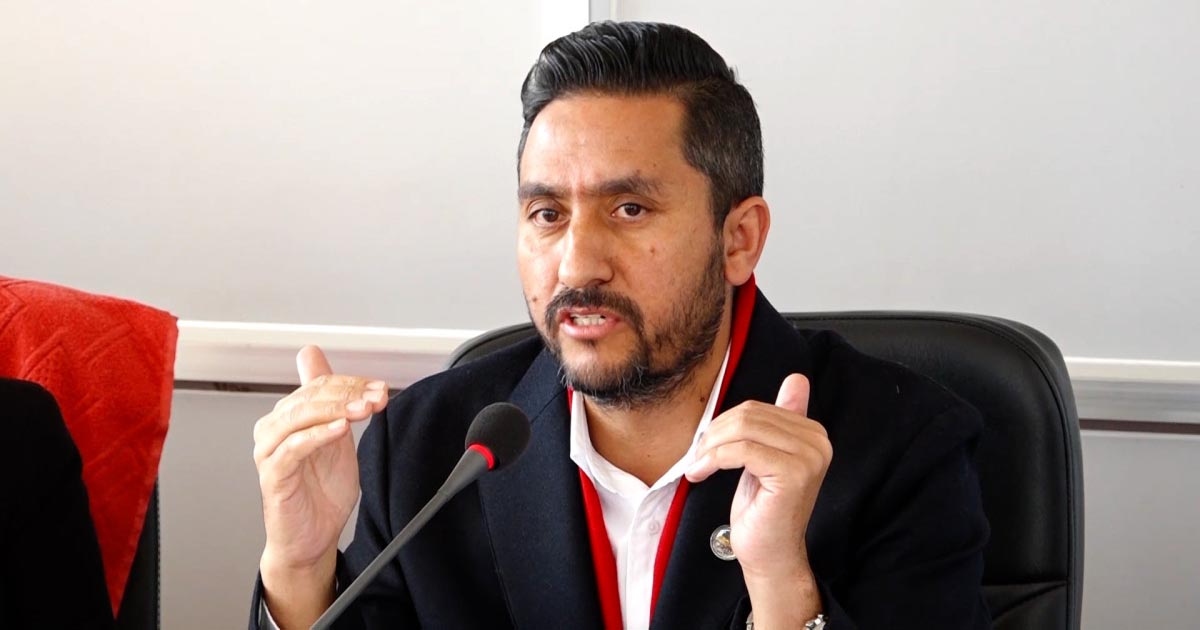
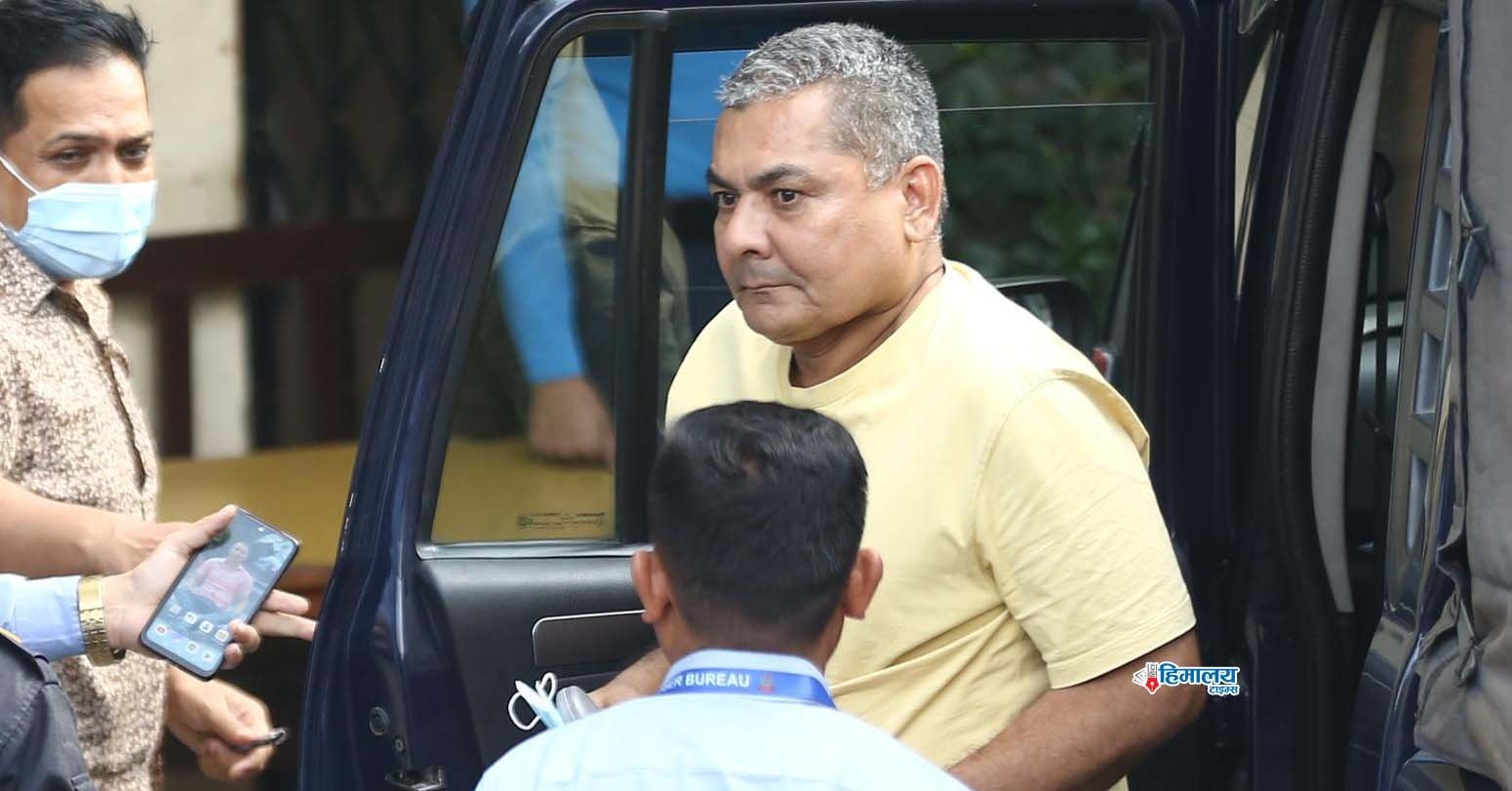
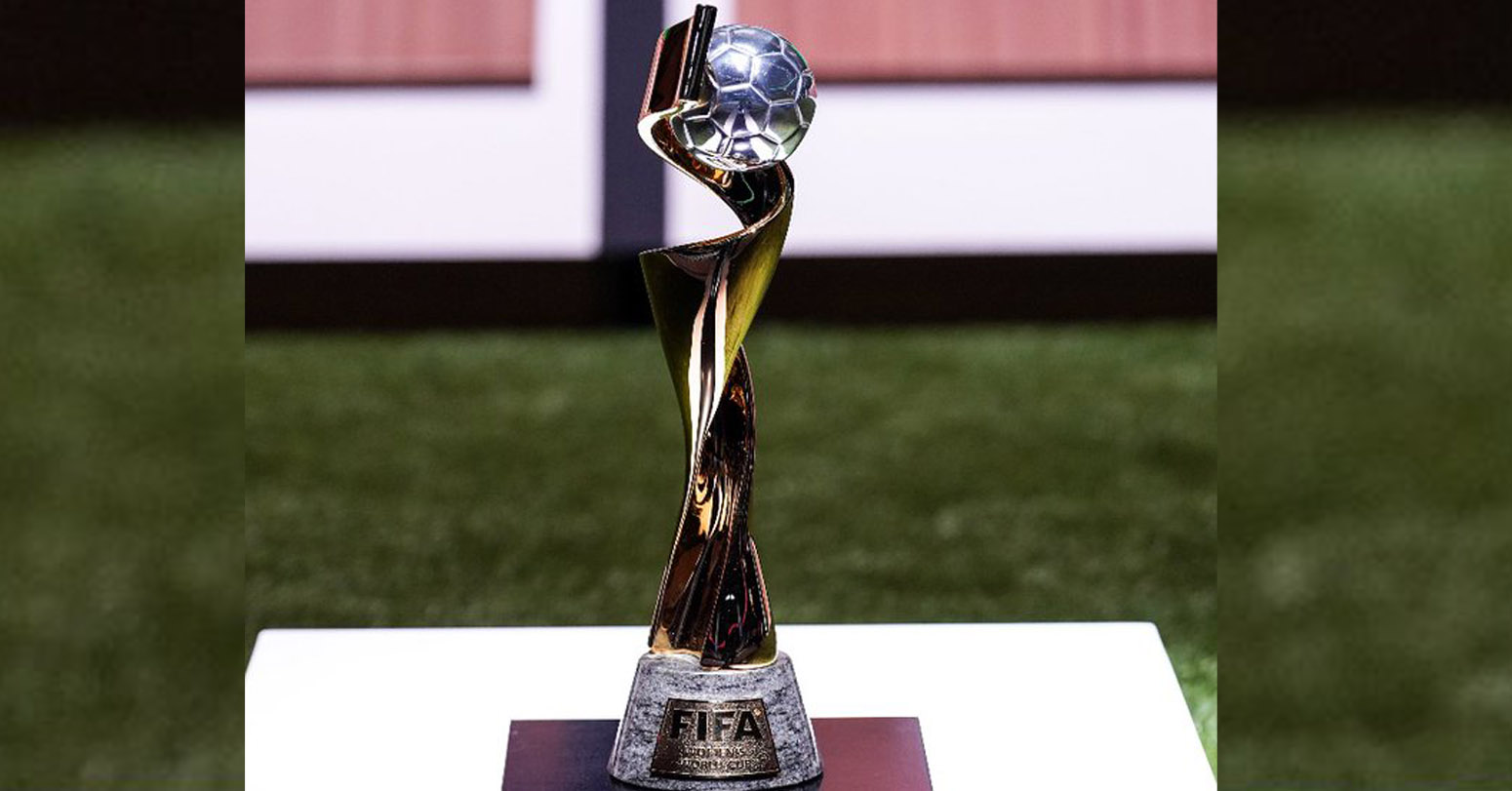
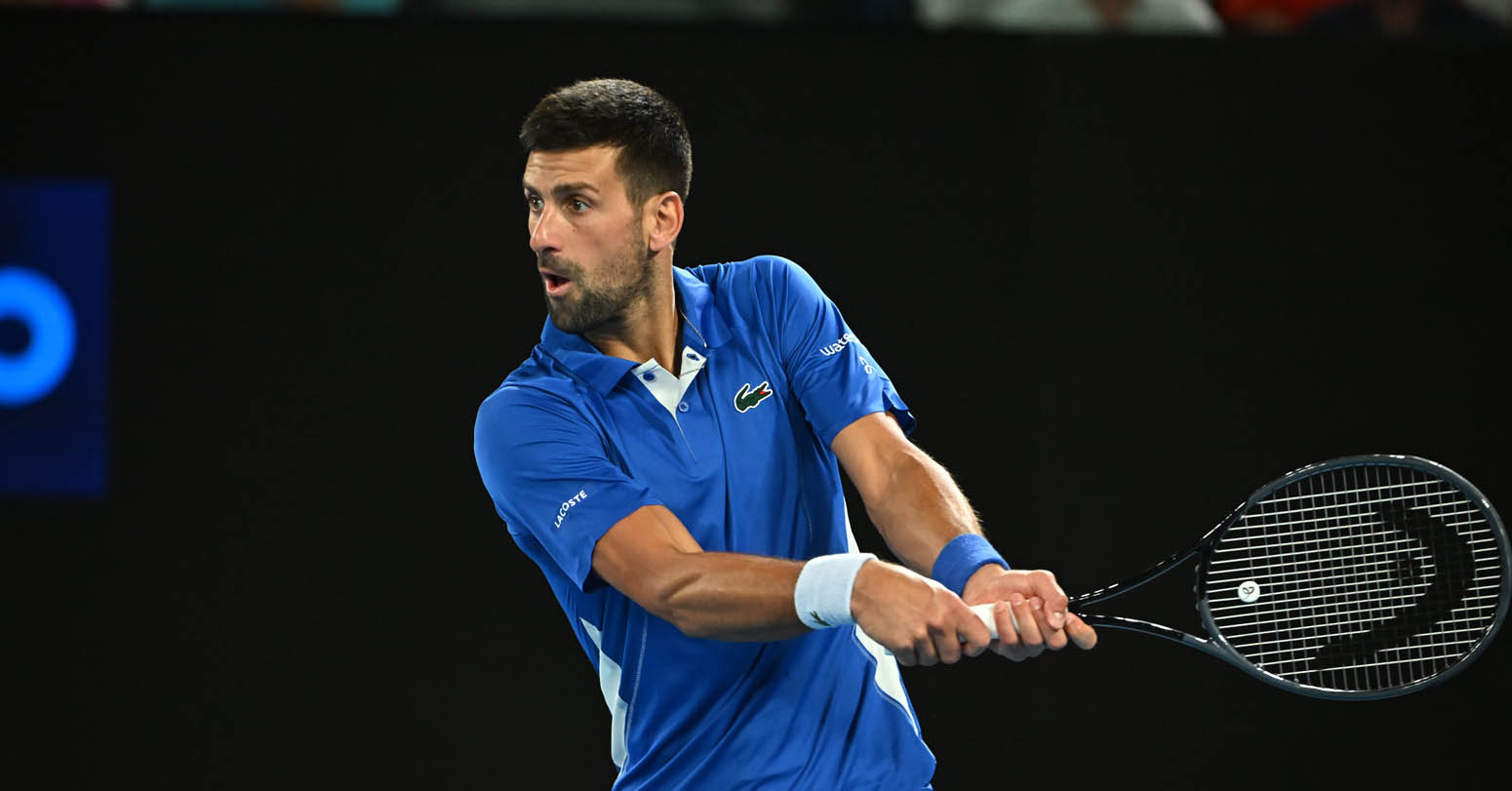





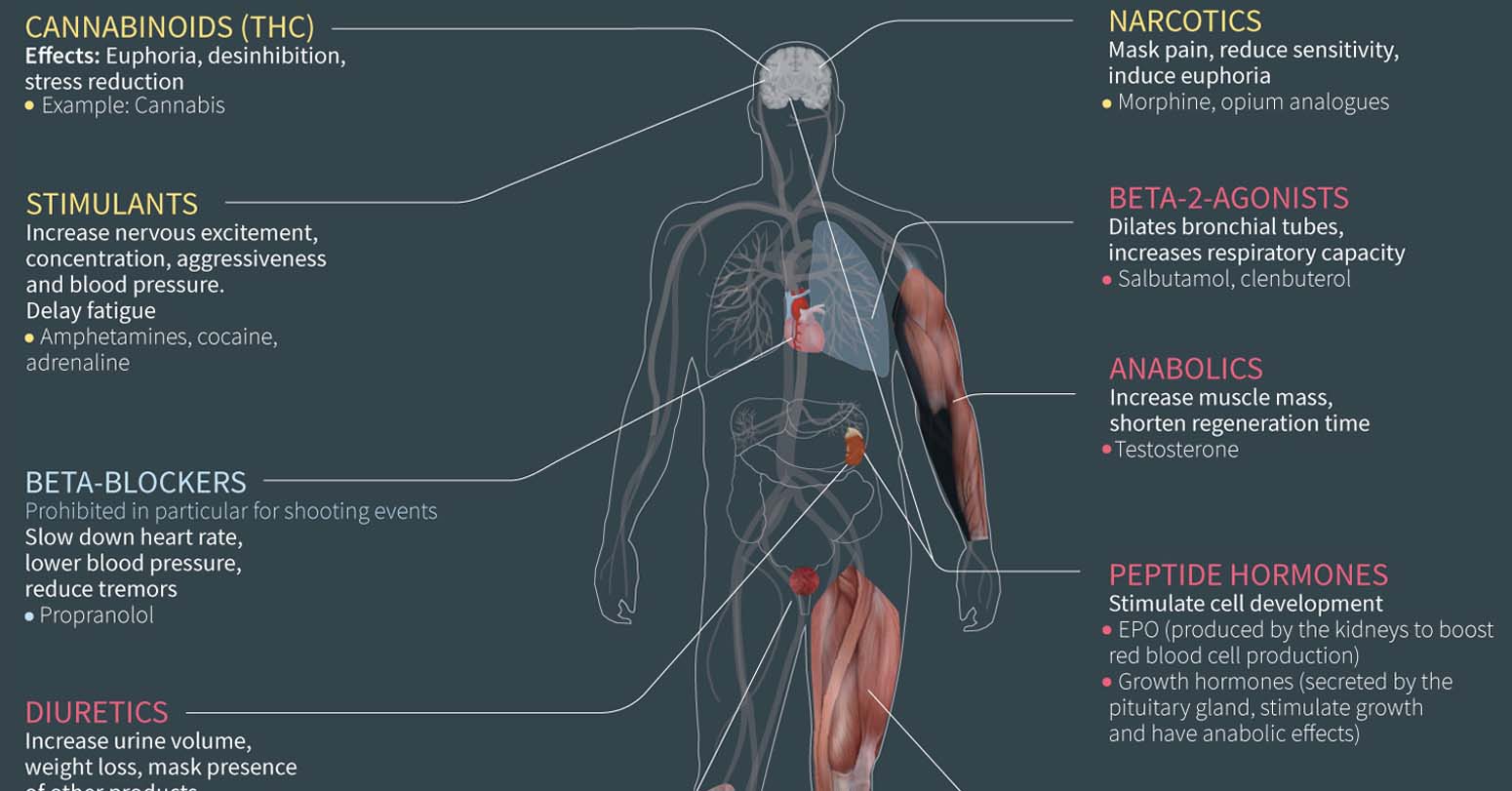


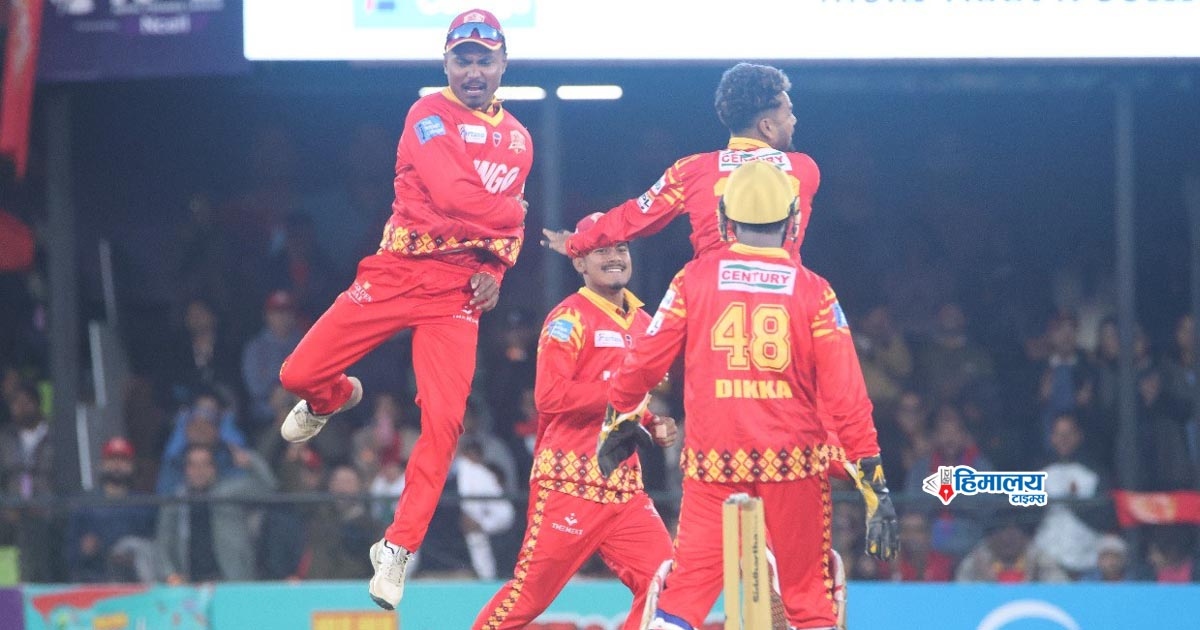

Middle-aged man spends millions to
Dr. Dharam Raj Upadhyay: Man
Children, Greatest Victims Of Sudan’s
Breathing The Unbreathable Air
Comprehensive Data Protection Law Critically
Gender Differences In Mental Healthcare